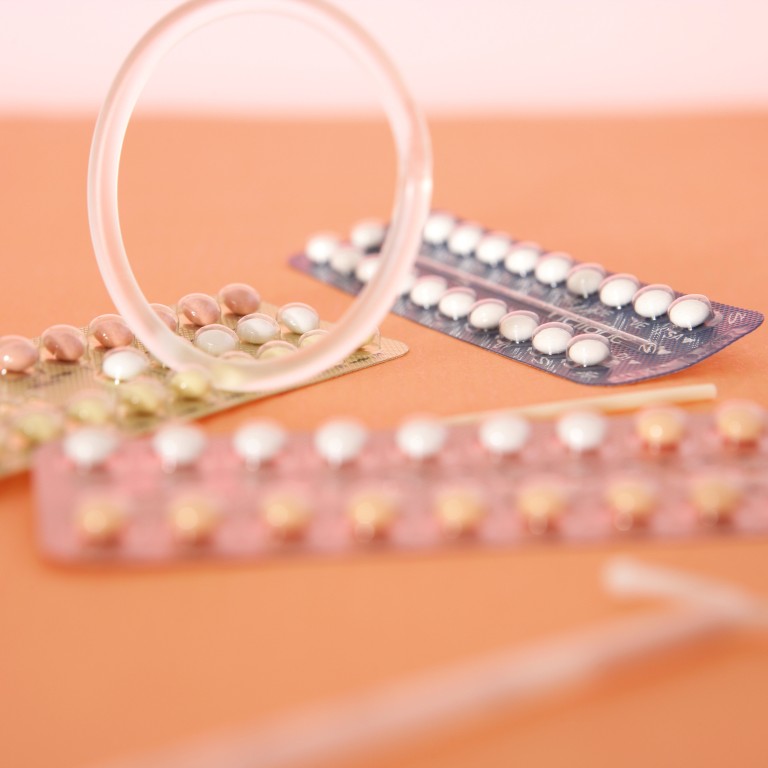
Blood clots from the AstraZeneca coronavirus vaccine? What about the contraceptive pill? Doctors explain
- The AstraZeneca vaccine has been linked with rare blood clots, and a number of countries have stopped using it
- Women in Hong Kong and elsewhere are calling physicians and using social media to ask about similar risks from hormonal contraceptives, and other vaccine issues
Hong Kong family physician Natalie Hutchins has been inundated with calls since the city started rolling out its Covid-19 vaccination programme in February.
Reassuring patients about potential after-effects of the different jabs is part of Hutchins’ daily routine, as people struggle to process the overload of information – from proven side-effects to conspiracy theories – circulating online.
And she says most calls are from women. “There are a lot of scary stories circulating on the internet, about infertility, about the impact of vaccines on fetuses,” says Hutchins. “There is a lot of misinformation spreading about vaccines and women’s health, and that’s dangerous.”
“I try to reassure my patients by saying that we must focus on what the evidence shows,” Hutchins says. “And the evidence shows that these vaccines are really safe. But we understand it can be a tricky thing for people to get their heads around.”

Italy recommended not giving the AstraZeneca jab to those under 60 while Norway and Denmark suspended its use altogether pending further investigations.
I am 100 per cent pro-vaccine, but it’s pretty insulting how fast certain EU countries were so quick to put stops on the vaccine over a handful of blood clot risks when this is what women are forced to risk every single day on most hormonal contraceptive methods
“If you’ve been on the oral contraceptive pill a long time and then have the vaccine are you then even more at risk though???” asked a Twitter user on April 4. Two days earlier, another asked: “Anyone know if the trial for Astra Zeneca included women taking oral contraceptives?”.
Someone asked on a well-known Hong Kong Facebook group on March 23: “I wonder if anyone taking oral contraceptive has taken biotech vaccines already? Is it safe to have that at the same time?”
Adding to the debate is Ciara Rose, founder of Instagram account @makethepillsafer, a platform that raises awareness about contraceptive methods. She says the issue has historical roots: “Women had many reasons to not trust the health industry, as they’ve been excluded from it for centuries. Today’s doubts are a reflection of this past,” says Rose, who is not medically qualified.
Rose explains: “I am 100 per cent pro-vaccine, but it’s pretty insulting how fast certain EU countries were so quick to put stops on the vaccine over a handful of blood clot risks when this is what women are forced to risk every single day on most hormonal contraceptive methods. We deserve to be taken seriously.”
As to whether taking hormonal birth control combined with a Covid-19 vaccine is safe, Hong Kong-based obstetrician and gynaecologist Dr Lucy Lord says it’s a balancing act.
“Medicine is about balancing risks versus benefits,” Lord says. “If no obvious medical contradictions, the overall danger is much higher if you get pregnant: there are risks of complications during pregnancy, of a blood clot, of mental health deterioration … Compared to these risks, birth control is safe, even with the vaccine.”
“We prefer to have too many phone calls than not enough,” adds Hutchins. “It’s part of our job to measure these risks for people – and to help calm their fears.”

